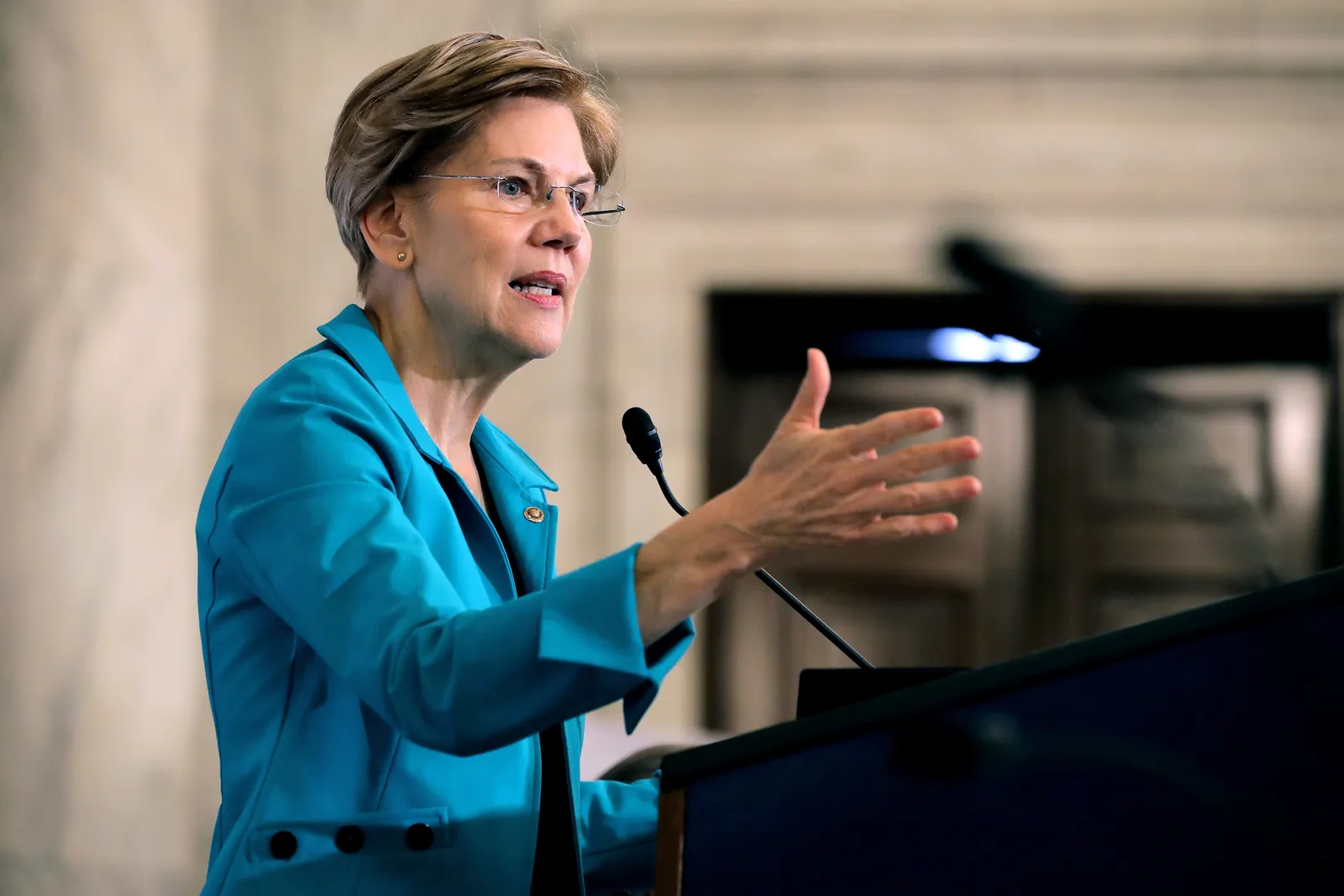|
Getting your Trinity Audio player ready...
|
Senator Elizabeth Warren won her re-election with 73% of the vote, defeating John E. Deaton, who secured 26%. The Associated Press called the race at around 8 p.m. on Tuesday night, concluding a closely watched contest marked by starkly different views on cryptocurrency regulation.
Deaton’s Campaign – A Voice For Crypto
Deaton, an attorney and prominent XRP advocate, gained traction within the cryptocurrency community by championing pro-crypto policies and emphasizing the need for regulatory clarity. His campaign focused on reducing what he described as “overregulation,” which he believes stifles innovation and jeopardizes America’s competitive edge in the digital finance landscape. This resonated strongly within the crypto industry, attracting endorsements from influential figures, including Ripple CEO Brad Garlinghouse and billionaire investor Mark Cuban. Deaton’s rising popularity underscored the crypto sector’s expanding influence in U.S. political discourse.
Emerging as the Republican Senate nominee after defeating Robert Antonellis and Ian Cain in a three-way primary, Deaton sought to broaden his support base. His platform highlighted the need for a balanced approach to crypto oversight—an agenda he hoped would appeal not only to crypto enthusiasts but also to voters concerned about economic innovation. However, his support was concentrated within the crypto community, and he struggled to gain traction with Massachusetts’s broader voter base, where Warren’s legislative experience and established reputation held strong appeal.
Warren’s Evolving Stance on Cryptocurrency
Warren, known for her critical stance on digital assets, has long advocated for stringent regulations, often framing crypto as a consumer risk and a potential tool for financial crime. Her approach, labeled “outdated” and “overly restrictive” by Tyler Winklevoss, co-founder of Gemini, contrasts with Deaton’s vision of crypto as a driver of economic growth. However, recent months have seen a subtle shift in Warren’s tone. Though she remains a vocal advocate for regulation, her rhetoric has softened, perhaps reflecting a recognition of crypto’s growing prominence.
Warren’s victory suggests that crypto regulation will remain a central focus in Washington. Her evolving stance could indicate an openness to dialogue, though industry advocates remain cautious.
A Rising Political Force in Crypto Advocacy
Despite his defeat, Deaton’s campaign underscored the increasing relevance of cryptocurrency in American politics. His stance resonated with a growing group of crypto-friendly voters who view digital assets as essential to the future of finance. In his concession speech, Deaton struck a conciliatory tone, offering collaboration on shared interests, which hints at the potential for bipartisan initiatives on crypto legislation.
Also Read: Warren vs. Deaton – Who Will Win The Senate Race Fueled By 90% Crypto Funding?
Looking forward, Deaton has reaffirmed his commitment to the crypto sector, pledging continued advocacy for clear, reasonable policies. He remains particularly involved in the high-profile Ripple vs. SEC case, a legal battle that could set a precedent for how U.S. regulators treat digital assets.
While Warren’s victory solidifies her influence in the regulatory arena, Deaton’s campaign has brought crypto issues further into the mainstream, signaling a new chapter in the ongoing debate over digital asset regulation in the U.S.
Disclaimer: The information in this article is for general purposes only and does not constitute financial advice. The author’s views are personal and may not reflect the views of Chain Affairs. Before making any investment decisions, you should always conduct your own research. Chain Affairs is not responsible for any financial losses.
I’m your translator between the financial Old World and the new frontier of crypto. After a career demystifying economics and markets, I enjoy elucidating crypto – from investment risks to earth-shaking potential. Let’s explore!




